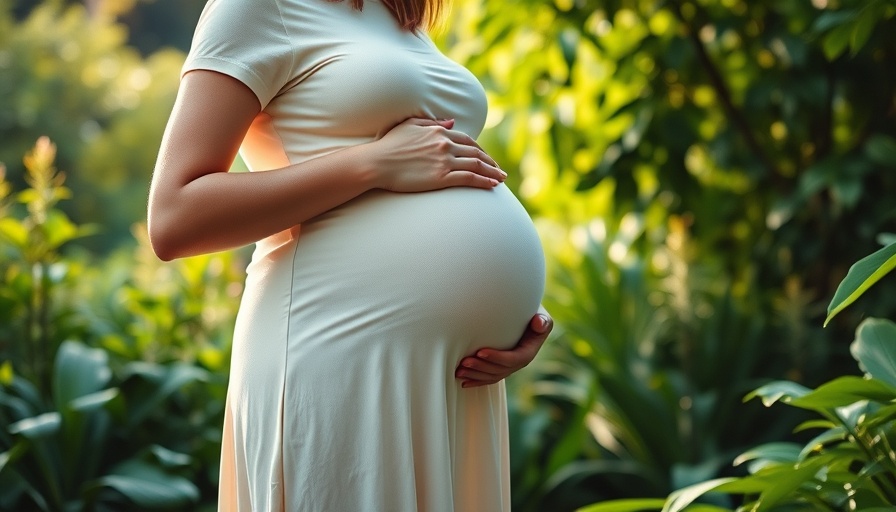
The Emerging Link Between Phthalates and Preterm Births
A recent study published in the journal The Lancet Planetary Health reveals a startling connection between phthalates—ubiquitous chemicals found in numerous household products—and an alarming number of preterm births. These preliminary findings suggest that over 56,000 preterm births in the U.S. during 2018 alone can be attributed to the exposure of pregnant women to these chemicals, which are known for their hormone-disrupting capabilities.
What Are Phthalates?
Phthalates are a diverse group of synthetic chemicals used primarily in the production of plastics and personal care items. From softening vinyl flooring to enhancing the durability of beauty products, they’re a notable component in everyday items like shampoos and lotions. Despite their convenience, the health ramifications are raising eyebrows. Phthalates have been linked to various health issues, including metabolic syndrome and hormone disruptions, which can affect both mother and fetus during gestation.
Understanding the Research Findings
Analyzing a significant cohort of over 5,000 American mothers, the researchers identified a concerning trend: increased phthalate exposure correlates with lower weights and decreased gestational age in newborns. Given their widespread presence, it raises important questions regarding the safety of many commonly used products, particularly for expectant mothers.
The Bigger Picture: Implications for Maternal Health
This striking association comes at a time when public awareness surrounding the safety of personal care products and environmental influences on health is growing. For tech-savvy health enthusiasts, these findings underscore the importance of prioritizing clean, chemical-free products not only for personal health but also for the future generations. Informed decisions about product choices could contribute to healthier pregnancies and ultimately safer environments for infants.
Actions You Can Take
To reduce exposure to phthalates, consider adopting a lifestyle that includes:
- Opting for phthalate-free products in daily use, especially during pregnancy.
- Choosing natural or organic personal care products.
- Investing in knowledge about the ingredients in household items.
 Add Row
Add Row  Add
Add 




 Add Row
Add Row  Add
Add 



Write A Comment